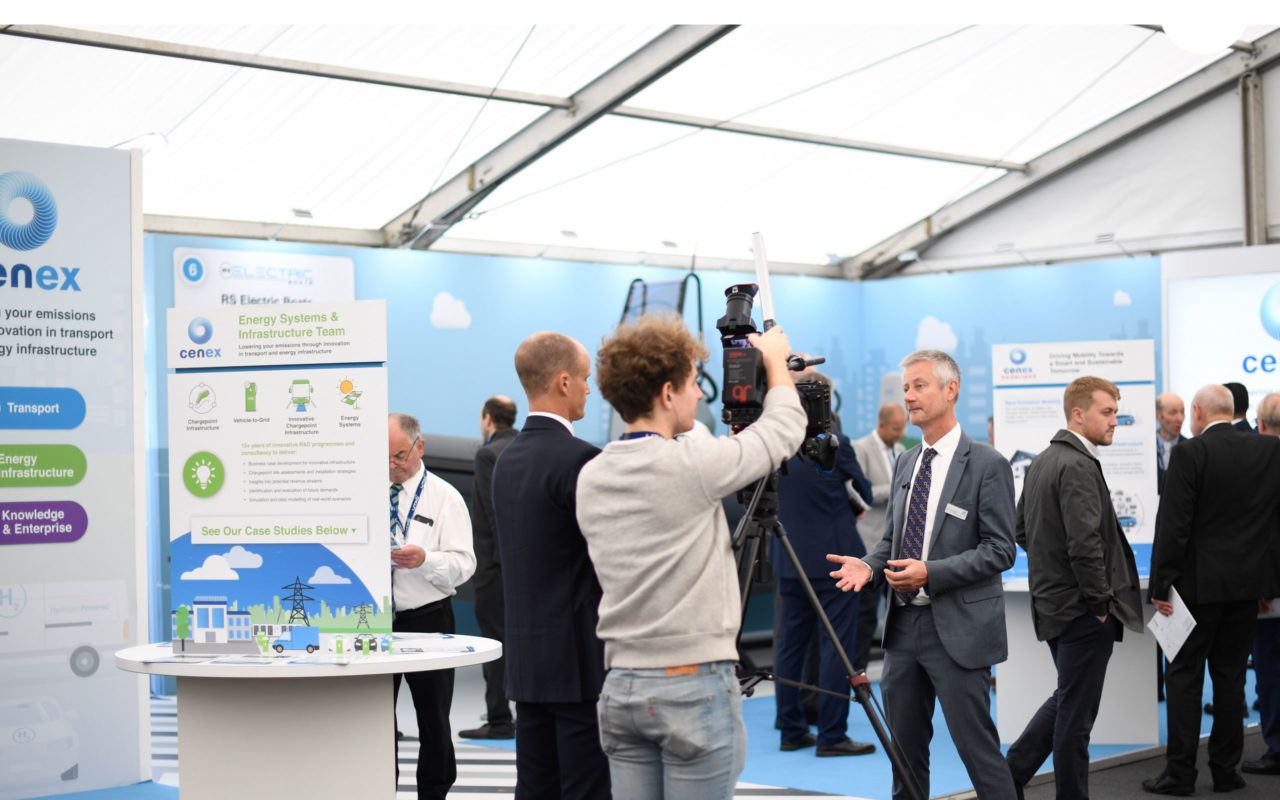
- Category:
- Press Releases
Cenex joins consortium to deliver zero-emission range-extended light commercial vehicles for fleets
- New class of range-extended electric vehicle (EV) using hydrogen fuel cell technology
- Consortium members drawn from recognised driveline technology and vehicle integration specialists as well as large fleet users
- Three-year programme supported by £6.3m funding from APC (Advanced Propulsion Centre), a government industry partnership that aims to position the UK as a global centre of excellence for low carbon powertrain development and production
Cenex, the UK’s first Centre of Excellence for low carbon technologies, will join a UK industry consortium that is to develop a new class of zero-emission, light commercial vehicle (LCV). By integrating fuel cell technology into battery electric vehicles (BEVs), the consortium will deliver the capability to provide low carbon LCVs with significantly improved range and rapid refuelling.
The three-year project is to develop validated systems and vehicle conversion expertise ready for volume manufacture. The goal is also to provide fleet operators with a solution that enables vehicle operation for extended periods whilst being emissions free at the tailpipe.
The consortium, led by energy technology group Intelligent Energy, will receive a £6.3m grant from the Advanced Propulsion Centre (APC) as part of the £12.7m project. The other partners comprise Frost EV, Frost Electronics, Millbrook, British Gas and DHL.
The collaborative project minimises technical and commercial risk by initially targeting captive and commercial fleet operators, providing a package that can be integrated into vehicles as an end-of-line fitment at an OEM, or through a new-vehicle conversion facility, or by retro-fitting at approved centres.
“Cenex will be delivering wide ranging fleet engagement and detailed vehicle modelling to the project. Following the release of the Fuel Cell Range Extender vehicles, Cenex will also validate the vehicle performance in a representative fleet environment, adding accuracy to the market assessment and simulations” said Chris Walsh, Head of Technical Support and Consultancy at Cenex.
Robert Evans, CEO of Cenex, added: “We have a long-standing interest in helping clients understand the potential opportunities associated with hydrogen fuel cells for transport. This latest project demonstrates Cenex’s strategic intent to have leading edge hydrogen projects running alongside our portfolio of Electric Vehicle and gas vehicle activities.”
Jon Beasley, Director of Technology and Projects from the Advanced Propulsion Centre, located at the University of Warwick, said: “Our aim is to position the UK as a global centre for low carbon propulsion systems development and production. This consortium of British companies is helping the APC to deliver its aim with this innovative project that uses hydrogen fuel cell technologies. It has the potential to deliver a viable zero-emission vehicle for fleet operators around the world.”
Fuel cell systems can be used to increase battery electric vehicle range while maintaining zero emissions. The light commercial vehicle systems developed during this programme will offer operational advantages through increased access to restricted emission zones combined with faster refuelling times than battery pack recharging alternatives. The consortium will work in conjunction with a steering group including vehicle manufacturers, government agencies and major fleet operators.